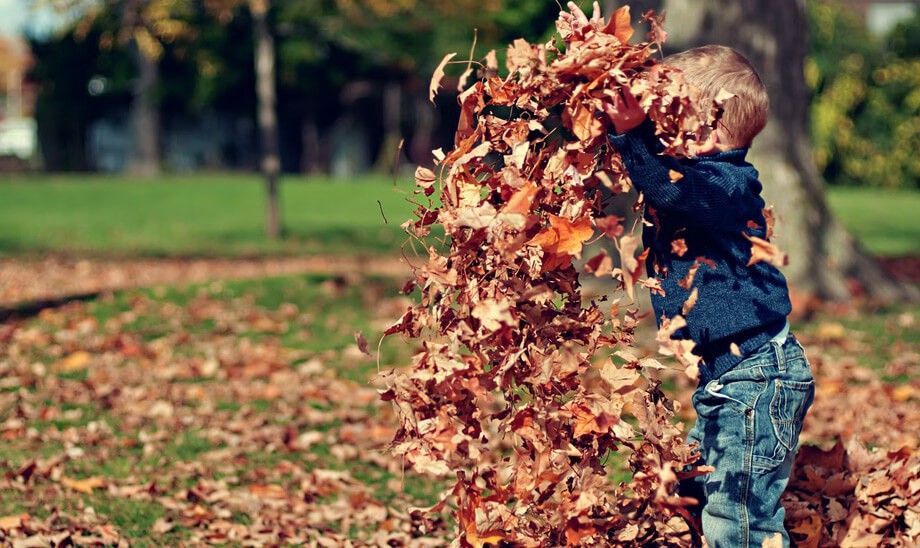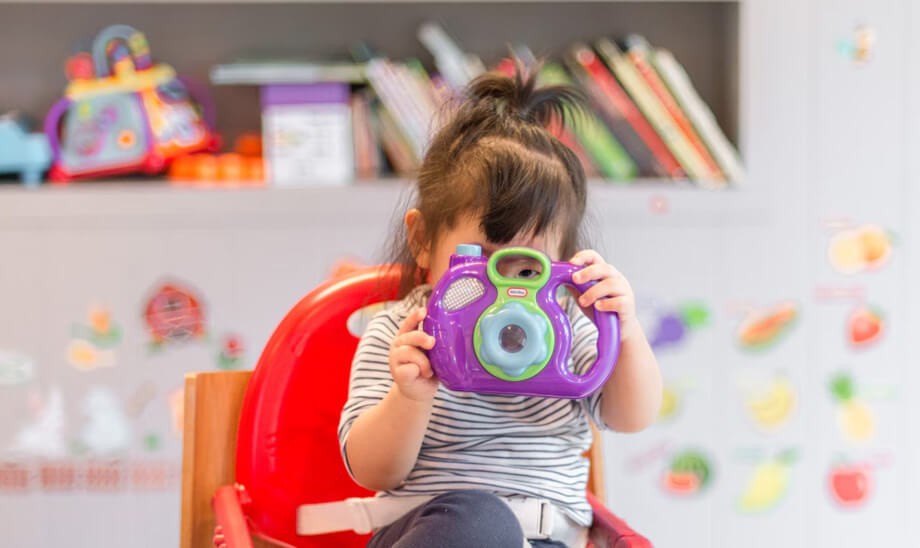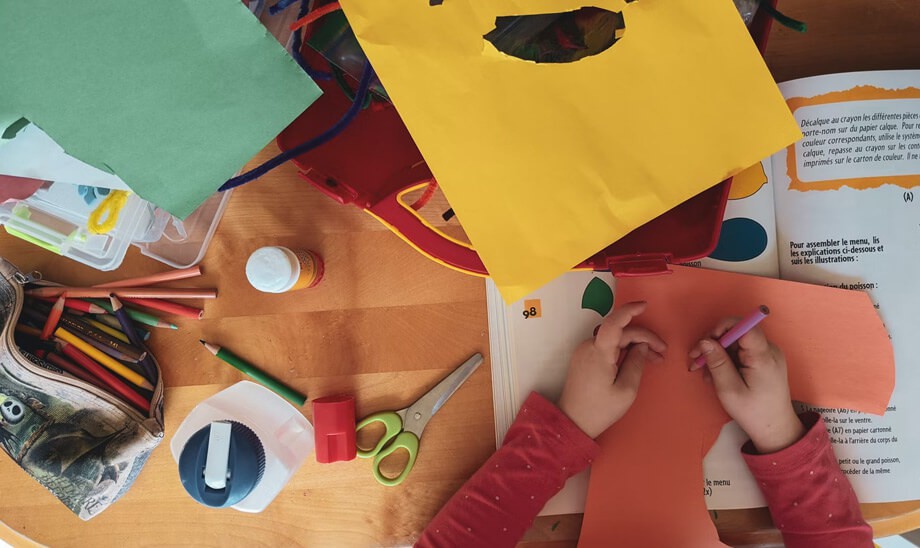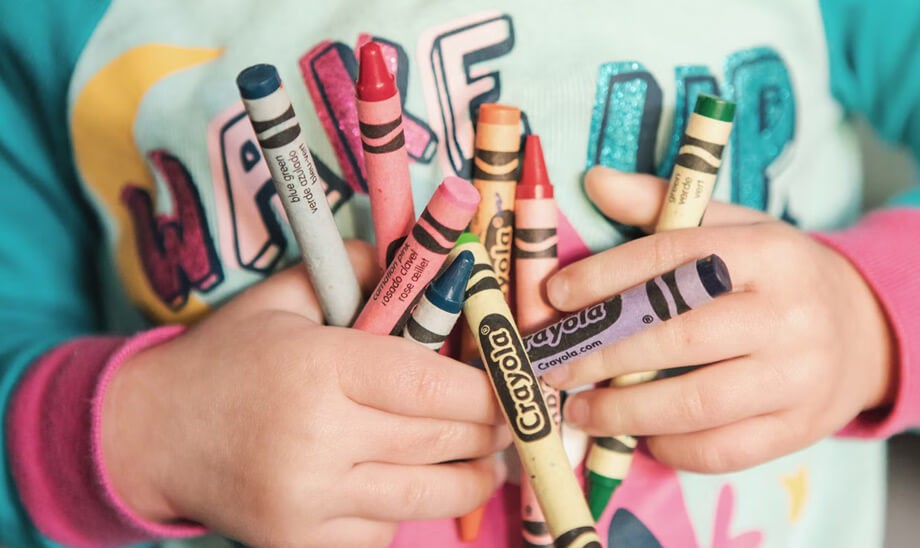
Tips to Take Care of Your Toddler Who Is Teething
Teething toddlers go through a pretty difficult time. They will cry and be cranky thought day and night and sometimes keep you from sleeping too. Do you have teething toddlers at home and have no idea how to make sure they are not in pain? Here are some tips you can use.
Know the Signs of Teething
There are a few symptoms that suggest your toddler might be teething. This includes increased drooling, biting or chewing on objects, irritability, teething fever, sore gums, and sleep difficulties due to soreness of gums. Remember that teething fever is only indicated by a slightly increased body temperature and a fever that is over 100.4 degrees Fahrenheit is not because of teething. If your child shows a fever above that it might be a sign of another illness. Teething age for babies varies but they usually begin teething when they are around six months old.
When to Get A Doctor?
Teething can be handled at home most of time. There are many ways you can treat the soreness of the gums at home. However, if your baby shows signs of any other illness than teething then it is time to contact your doctor. Especially if the baby’s fever is over 100.4 F it is probably unrelated t teething and might be a true fever and not a teething fever.
How to Treat Soreness of Gums?
There are many treatment methods you can try at home to soothe sore gums. You can try rubbing their gums using a clean finger or soaked gauze. Trying to keep the gums cool is another trick you can try. Use a chilled teething toy for this. Also, try out something like bonjela teething gel that can soothe the pain from the gums. If your baby eats solid food try giving them cold food but always to keep an eye on them if you opt for small pieces of frozen food to make sure they will not choke on them. Try out over the counter there are also over the counter pain relief remedies that you can purchase. Avoid using medications that contain benzocaine or lidocaine as they can be very harmful to babies.
Taking Care of New Teeth
In order to keep bacteria from building on the new teeth, it is important to keep them clean as much as you can. Use a soft bristled toothbrush for your baby’s first teeth. Since toddlers do not learn to spit on their own until they reach around three years of age, use only small amount of fluoride toothpaste. Make sure the amount of toothpaste is only the size of a grain of rice. You can increase the amount of toothpaste you use slightly as your baby turns two to three years old. Start trying to setup a dental check-up for you baby too. The first dental check-up for a baby should be after his/ her first tooth appear. Another tips to remember is keeping your baby’s chin dry when they start drooling. With teething and the use of chew toys there will be excess drooling. Keeping the chin clean and using a lotion to moisturize can keep your baby from developing any skin rashes.






Bemerkungen
Zur Zeit kein Kommentar!
Hinterlasse ein Kommentar